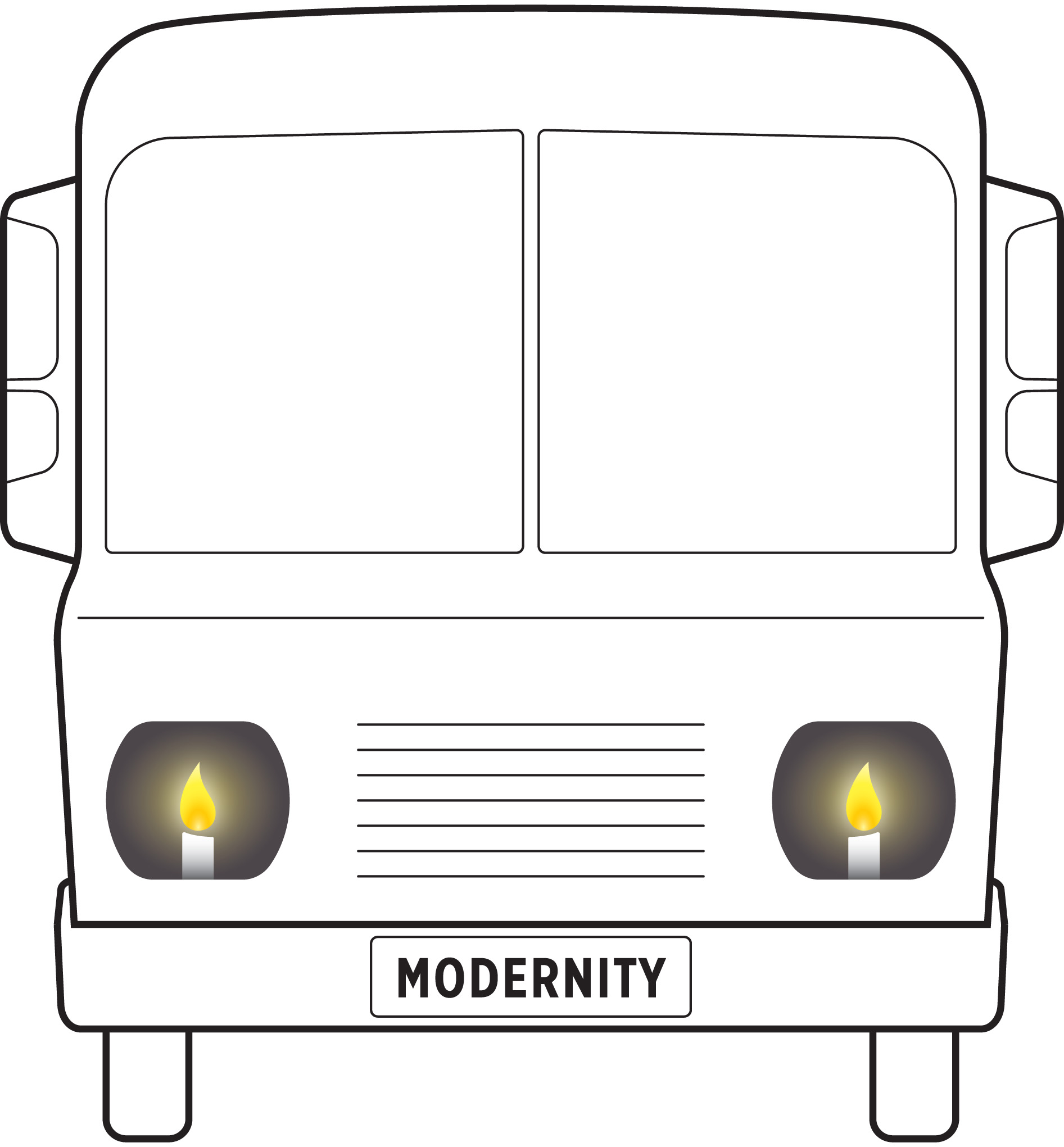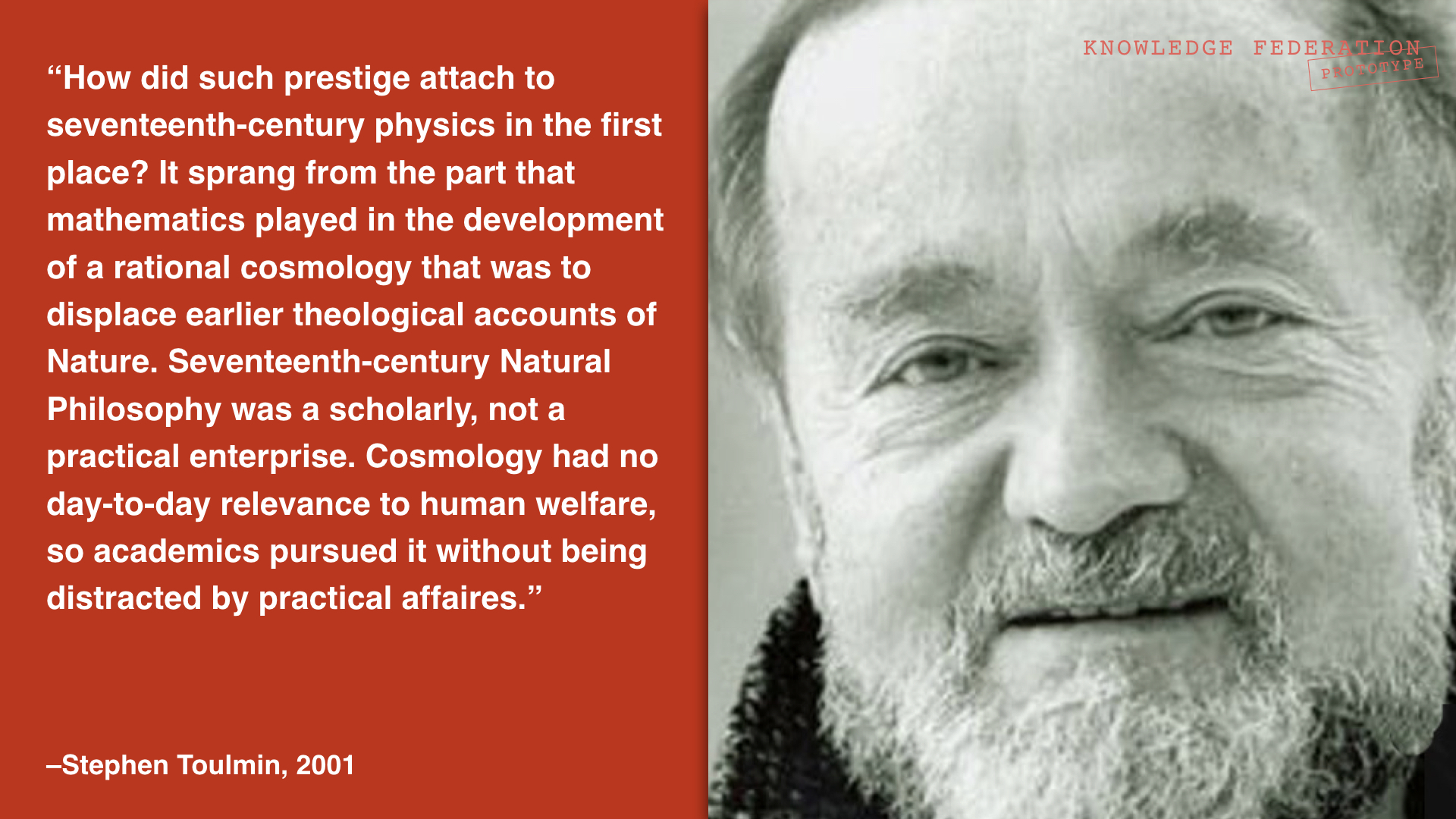Difference between revisions of "Holotopia"
m |
m |
||
| Line 365: | Line 365: | ||
<p> | <p> | ||
<blockquote>"Act like as if you loved your children above all else",</blockquote> | <blockquote>"Act like as if you loved your children above all else",</blockquote> | ||
| − | Greta Thunberg, representing her generation, told the political leaders at Davos. <em>Of course</em> the political leaders love their children—don't we all? But what Greta was asking for was to 'hit the brakes'; and when our 'bus' is inspected, it becomes clear that its 'brakes' too are dysfunctional.</p> | + | Greta Thunberg, representing her generation, told the political leaders at Davos. <em>Of course</em> the political leaders love their children—don't we all? But what Greta was asking for was to 'hit the brakes'; and when our 'bus' is inspected, it becomes clear that its 'brakes' too are dysfunctional. And <em>changing</em> the <em>system</em> is well beyond their power—and even what they may be able to conceive of.</p> |
| − | <p>The COVID-19 crisis | + | <p>The COVID-19 crisis too is demanding systemic change.</p> |
| − | <blockquote><b> | + | <blockquote>So <b>who</b>—what institution or <em>system</em>—will lead us in "changing course"?</blockquote> |
| − | <p>Both Jantsch and Engelbart believed that "the university" would have to be the answer | + | <p>Both Jantsch and Engelbart believed that "the university" would have to be the answer; and they made their appeals accordingly. But the universities ignored them—as they ignored Bush and Wiener before them, and others who followed. </p> |
<p>Why?</p> | <p>Why?</p> | ||
| − | <p>It is tempting to conclude that the | + | <p>It is tempting to conclude that the university institution too followed the general trend, and organized itself as a <em>power structure</em>. But to see solutions, we need to look at deeper causes.</p> |
| + | <p> | ||
| + | [[File:Toulmin-Vision2.jpeg]] | ||
| + | </p> | ||
| − | <p> | + | <p>The academic tradition did not develop as a way to pursue practical knowledge, but to <em>freely</em> pursue knowledge for its own sake. </p> |
| + | |||
| + | <!-- XXX | ||
| + | |||
| + | <p>And as we pointed out in the opening paragraph of this website, | ||
| + | |||
| + | |||
| + | |||
| + | |||
| + | |||
| + | |||
| + | developed from a tradition whose but (let's call it that) "right" knowledge. | ||
Our tradition developed from classical philosophy, where the "philosophical" questions such as "How do we know that something is <em>true</em>?" and even "<em>What does it mean</em> to say that something is true?" led to rigorous or "academic" standards for pursuing knowledge. The university's core social role, as we, academic people tend to perceive it, is to uphold those standards. By studying at a university, one becomes capable of pursuing knowledge in an academic way in <em>any</em> domain of interest.</p> | Our tradition developed from classical philosophy, where the "philosophical" questions such as "How do we know that something is <em>true</em>?" and even "<em>What does it mean</em> to say that something is true?" led to rigorous or "academic" standards for pursuing knowledge. The university's core social role, as we, academic people tend to perceive it, is to uphold those standards. By studying at a university, one becomes capable of pursuing knowledge in an academic way in <em>any</em> domain of interest.</p> | ||
Revision as of 08:56, 20 August 2020
HOLOTOPIA
An Actionable Strategy
Imagine...
You are about to board a bus for a long night ride, when you notice the flickering streaks of light emanating from two wax candles, placed where the headlights of the bus are expected to be. Candles? As headlights?
Of course, the idea of candles as headlights is absurd. So why propose it?
Because on a much larger scale this absurdity has become reality.
The Modernity ideogram renders the essence of our contemporary situation by depicting our society as an accelerating bus without a steering wheel, and the way we look at the world, try to comprehend and handle it as guided by a pair of candle headlights.
Scope
"Act like as if you loved your children above all else",Greta Thunberg, representing her generation, told the political leaders at Davos. Of course the political leaders love their children—don't we all? But what Greta was asking for was to 'hit the brakes'; and when our 'bus' is inspected, it becomes clear that its 'brakes' too are dysfunctional. And changing the system is well beyond their power—and even what they may be able to conceive of.
The COVID-19 crisis too is demanding systemic change.
So who—what institution or system—will lead us in "changing course"?
Both Jantsch and Engelbart believed that "the university" would have to be the answer; and they made their appeals accordingly. But the universities ignored them—as they ignored Bush and Wiener before them, and others who followed.
Why?
It is tempting to conclude that the university institution too followed the general trend, and organized itself as a power structure. But to see solutions, we need to look at deeper causes.
The academic tradition did not develop as a way to pursue practical knowledge, but to freely pursue knowledge for its own sake.


